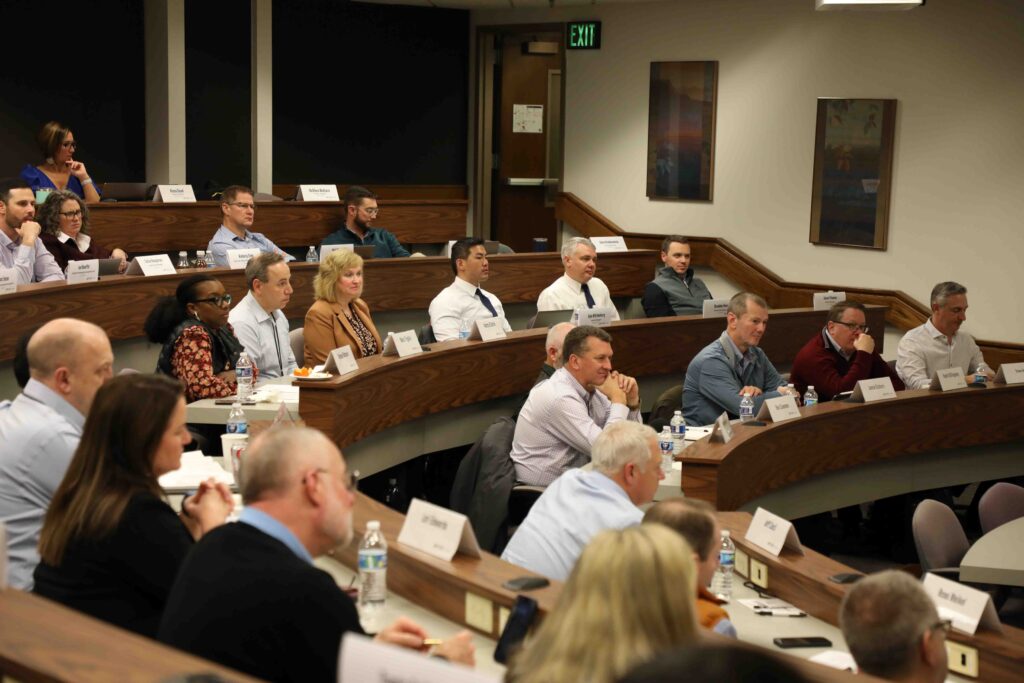What Should Danny Do? by Ganit and Adir Levy
In our house, we like to read the classics — Dr. Seuss, Sesame Street, Goodnight Moon, and so on. With two little ones at home, fitting in adult reading can be a real challenge! However, many of the books we read have important take-home points for me and my kiddos.
One of our recent favorites is What Should Danny Do? by Ganit and Adir Levy. This book is a choose-your-own-adventure style and is designed to help children understand that choices have consequences, both positive and negative, and that they have the power to choose how their day will go. For example, early on in the book, Danny is frustrated that his younger brother got to use his favorite ninja plate for breakfast. His mom offers him breakfast on an alphabet plate instead. At this point, Danny has a choice to make: eat breakfast on the alphabet plate or yell until he gets the ninja plate. Choosing the first option results in a trip to the park after breakfast, while the second option results in a tantrum that ends with spilled orange juice on the floor and a mess to clean up. In our house, we like to explore all the options in this book and see how different choices change the course of Danny’s day.
As a parent, I appreciate the reminder that, even as adults, we often have the power to choose how our days will go. When I choose to follow the scheduled blocks for writing time on my calendar, for example, I make progress on my research and feel a sense of accomplishment – even if I only write a paragraph or two! When I ignore those scheduled blocks of time and choose to catch up on the news or socialize, there is some short-term satisfaction, but eventually I feel overwhelmed and guilty – particularly when my procrastination negatively impacts others.
Of course, positive choices will not always result in positive outcomes, but the two are highly related. I can identify a novel research question, perform rigorous data analyses to answer it and still get rejected by a journal. While I cannot control the final outcome, I can control my reaction to it. On my good days, that means objectively reading reviewers’ feedback and incorporating the useful suggestions to improve the quality of my research paper. The choice to listen to, rather than ignore, constructive criticism may ultimately result in a positive outcome at the next journal (though, as any academic researcher will tell you, reviewers are highly unpredictable!).
We bought What Should Danny Do? with the goal of teaching our kids that things don’t just happen to them. Rather, they play an active and important role in shaping their day with the things they choose to do (or not). Turns out, the book was a good resource for us too!




